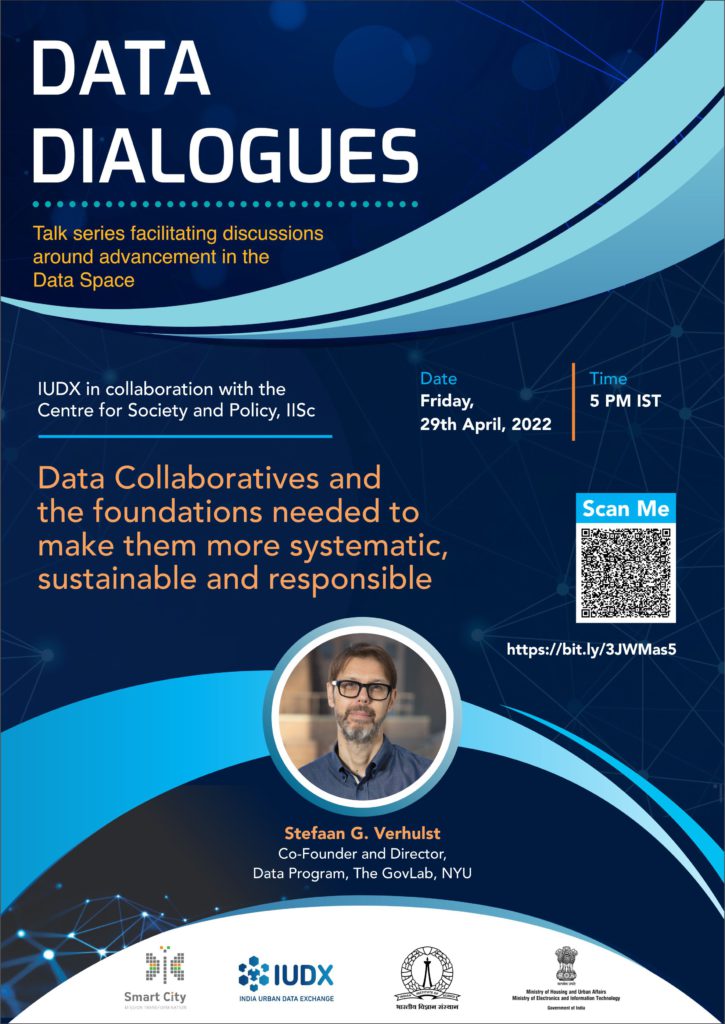
The datafication of society, resulting from digital transformation and computational advances, has generated a set of externalities such as increased data asymmetries where data is not equally accessible to those that need it. To advance access and reuse of data for public interest purposes we have explored a variety of new partnership models where (often privately held) data is made accessible to generate insights that can help address societal challenges, such as a pandemic. The challenge however is that setting up such data collaboratives still involves large transaction costs and many of these never go beyond the pilot stage, are hard to sustain, and often lack a robust governance structure. This talk will consider a few foundational elements needed to make data collaboratives more systematic; sustainable and responsible, and share experiences on how they can be achieved.

Co-Founder and Director, Data Program, The GovLab, NYU
Stefaan G. Verhulst is Co-Founder and Director, Data Program of the Governance Laboratory (The GovLab) at New York University (NYU), an action research center focused on improving governance using advances in science and technology - including data and collective intelligence. He is also, among other positions and affiliations, the Editor-in-Chief of Data & Policy, an open access journal by Cambridge University Press; the research director of the MacArthur Research Network on Opening Governance; Chair of the Data for Children Collaborative with Unicef; and a member of the High-Level Expert Group to the European Commission on Business-to-Government Data Sharing. In 2018 he was recognized as one of the 10 Most Influential Academics in Digital Government globally (as part of the Top 100 in Digital Government) by the global policy platform Apolitical.
Venue: Faculty Hall, Main Building
Time: 15:15 pm
 |
Shri S S Rajasekhar | Head Applications at Regional Remote Sensing Centres, NRSC / ISRO. |
 |
Shri Pankaj Mishra | Deputy Surveyor General, NIGST, SOI, Hyderabad |
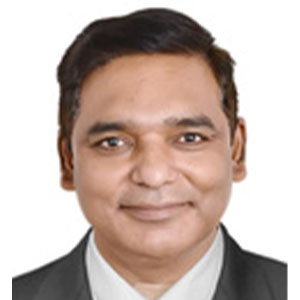 |
Shri Sanjeev Jha | Lead Architect – Government, AWS |
 |
Shri Sumit Sen | Chief Executive of the GISE Hub at IIT Bombay |
 |
Shri Prateep Basu | Co-Founder and CEO, SatSure |
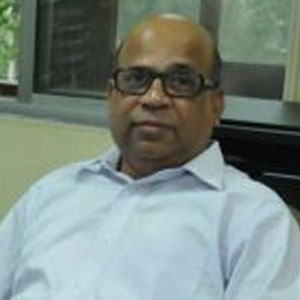 |
Prof PP Majumdar | Professor. Department of Civil Engineering, IISc Bengaluru |
 |
Dr Abhay Sharma | CTO, IUDX |
Venue: Faculty Hall, Main Building
Time: 14:15 pm
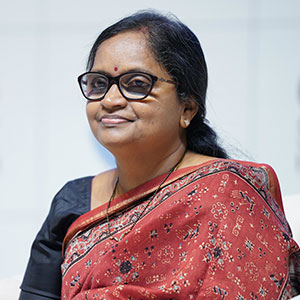 |
Ms Ramadevi Lanka | Director, Emerging Technologies, ITE&C Department, Govt.of Telangana |
 |
Shri Naveen Kumar V | Founder of NaPanta®| Serial Entrepreneur | Digital Expert in Agri Ecosystem | REX Karmaveer Global Fellow | SLPian | tagged as Social Business Torch Bearer for India |
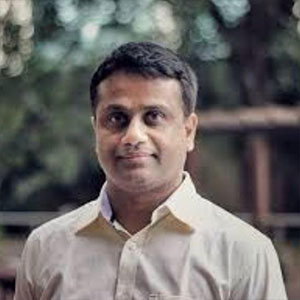 |
Shri Timmana Gouda | Founder CEO, WhatsLoan |
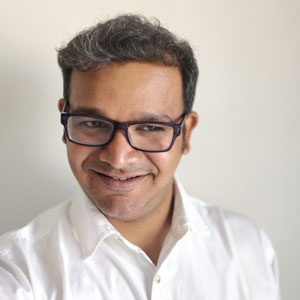 |
Shri Vineet Singh | Building impactful products at Digital Green |
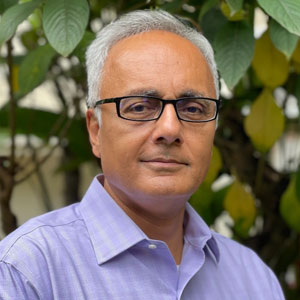 |
Shri Nipun Mehrotra (moderator) | Co-Founder & CEO, The Agri Collaboratory, Co-creating Digital Public Goods for Agriculture – in Open Source with the Ecosystem & Government |
Venue: Faculty Hall, Main Building
Time: 12 pm
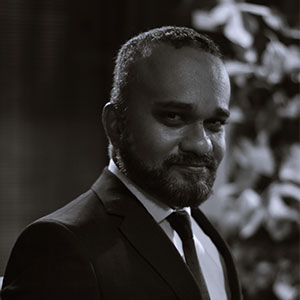 |
Shri Mathew Chacko | Partner, Spice Route Legal |
 |
Shri Parminder Jeet Singh | Independent Digital Researcher |
 |
Ms Saranya Gopinath | Director, Government Affairs & Public Policy at Razorpay |
 |
Ms Ramadevi Lanka | Director, Emerging Technologies, ITE&C Department, Govt.of Telangana |
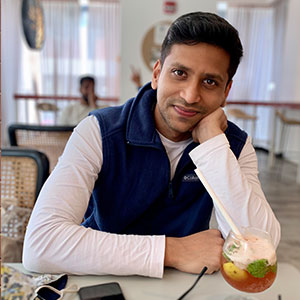 |
Shri Amlan Mohanty | Independent Technology Lawyer & Policy Advisor |
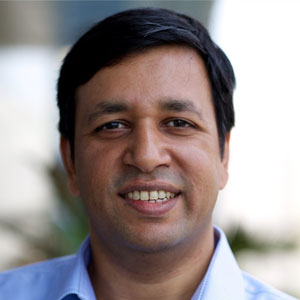 |
Shri Rahul Matthan | Partner, Trilegal |
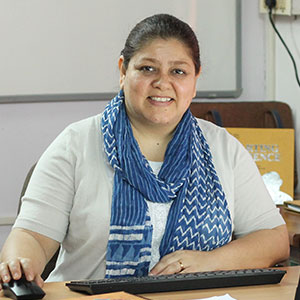 |
Ms Anjula Gurtoo (Moderator) | Professor – Department of Management Studies Chairperson – Centre for Society and Policy Indian Institute of Science |
Venue: Faculty Hall, Main Building
Time: 11 am
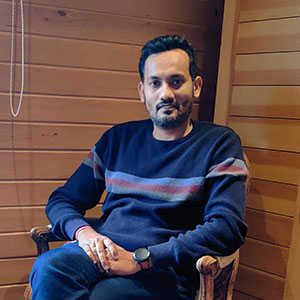 |
Shri Narayan Mishra | CTO & Co-Founder at TUMMOC |
 |
Shri Anucheth, M N | Joint Commissioner of Police, Traffic, Bengaluru City |
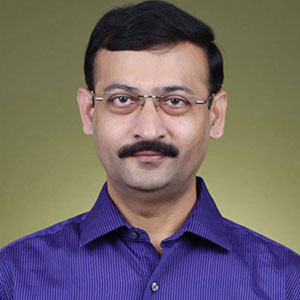 |
Dr Sanjay Kolte | CEO, Pune Smart City Development Corporation Limited |
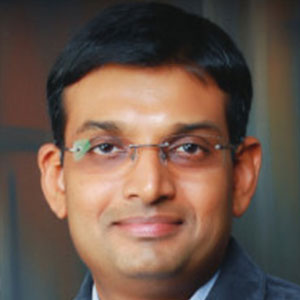 |
Shri Rajesh Krishnan | Chief Executive Officer, ITS Planners and Engineers Private Limited |
 |
Shri Munish Moudgil | Special Commissioner (Revenue) BBMP |
 |
Shri Suresh Kumar (moderator) | VP & Head – Platform Deployments & Applications, IUDX |